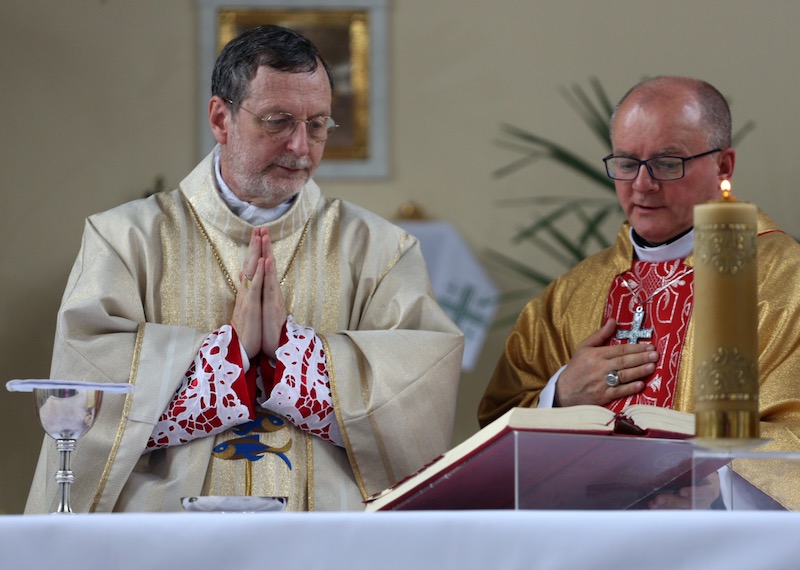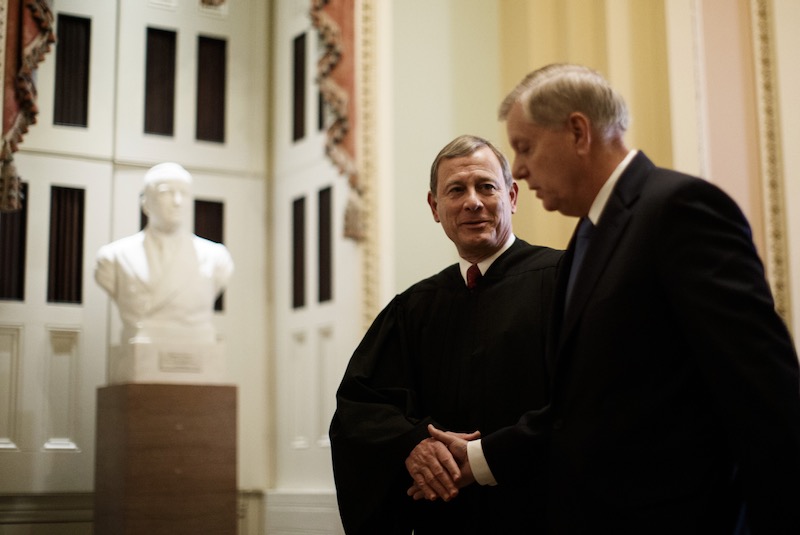The US Supreme Court last week ruled 5-4 that Montana’s tuition tax credit programme is unconstitutional because it forbid payments for tuition at religious schools. The ruling overturns laws nationwide that bar religious schools from receiving funds raised via state-run scholarship programmes – programmes that are devised to permit underprivileged children to attend private schools.
Chief Justice John Roberts wrote the majority decision, saying that the Montana law violated the First Amendment guarantee of freedom of religion because it “bars religious schools from public benefits solely because of the religious character of the schools.” He added: “The provision also bars parents who wish to send their children to a religious school from those same benefits, again solely because of the religious character of the school.” Previous rulings held that the constitutional ban on ecclesiastical establishments prohibited state funds from going to assist religious schools.
The decision comes at a time when Catholic education in the US is in perilous financial health due to the coronavirus pandemic. Already, about 100 schools nationwide have announced they will not be able to continue operating, according to the National Catholic Education Association. The group expects that number to double before the school year starts in September.
The Montana tuition tax credit programme was enacted in 2015. The Montana Supreme Court ruled that the programme could not include religious schools because of the state’s Blaine amendment, a nineteenth-century law that barred any governmental assistance to “sectarian schools”. Named for James Blaine, a nativist congressman, senator and Secretary of State from Maine, 37 states enacted similar laws after Blaine failed to get a federal prohibition passed.
Archbishop Thomas Wenski, chair of the bishops’ conference Committee on Religious Liberty joined Bishop Michael Barber, who chairs the Education Committee, in welcoming the decision. “This decision means that religious persons and organisations can, like everyone else, participate in government programmes that are open to all,” the bishops stated. “This is good news, not only for people of faith, but for our country. A strong civil society needs the full participation of religious institutions. By ensuring the rights of faith-based organisations’ freedom to serve, the Court is also promoting the common good.”
They added: “The Court has also dealt a blow to the odious legacy of anti-Catholicism in America. Blaine Amendments, which are in 37 states’ constitutions, were the product of nativism and bigotry. They were never meant to ensure government neutrality towards religion, but were expressions of hostility towards the Catholic Church. We are grateful that the Supreme Court has taken an important step that will help bring an end to this shameful legacy.”
Notre Dame law professor Rick Garnett praised the decision. “For too many years, in too many cases, and to the detriment of too many families and schools, Court majorities held that the appropriate differentiation of religious and secular authority – that is, the ‘separation of church and state’ – requires a strict prohibition on financial and other forms of cooperation with religious schools, notwithstanding the valuable role these schools play in the common project of education,” Garnett wrote.



 Loading ...
Loading ...